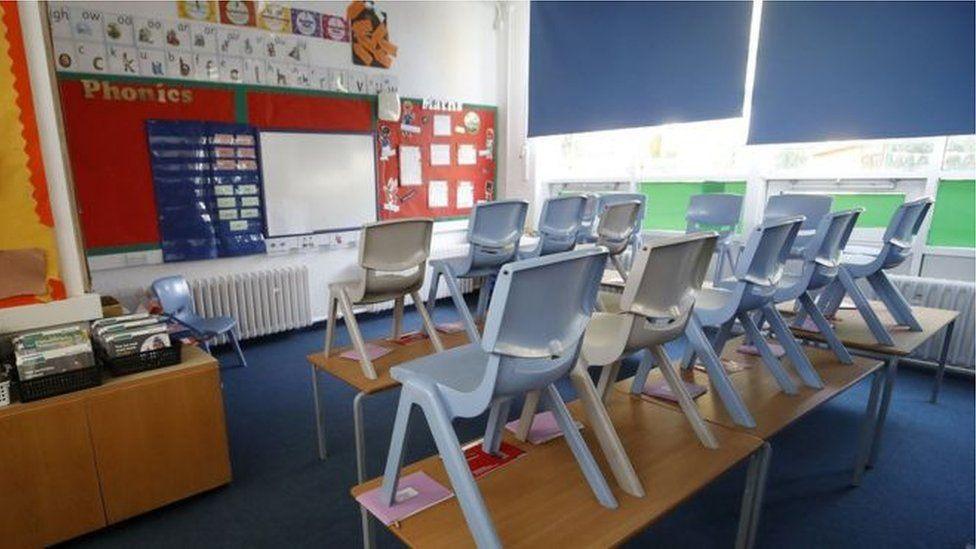Somerset school results among 'weakest' in country
- Published
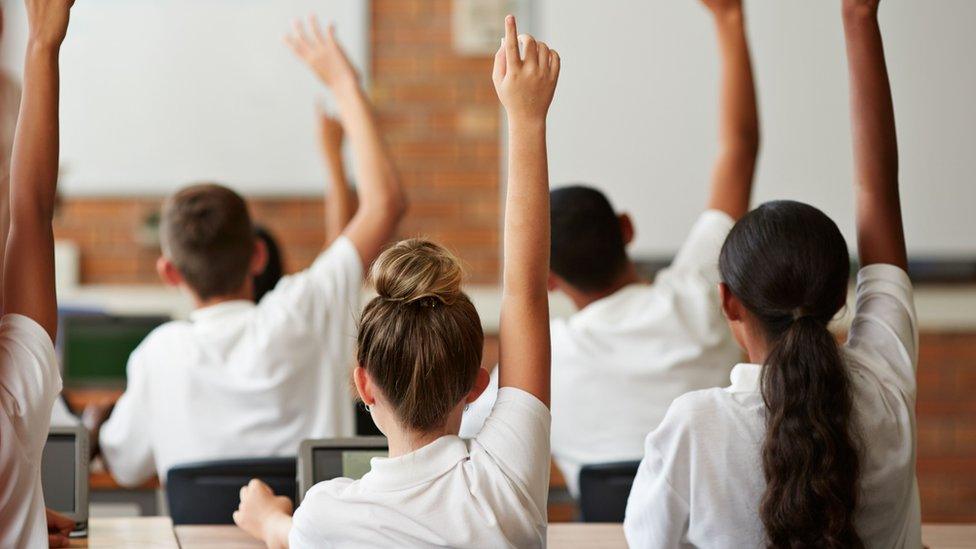
An "ongoing decline in outcomes" for the most disadvantaged students was noted
Somerset is "one of the weakest areas nationally" for its educational outcomes, the county council has said.
The Liberal Democrat-led authority said outcomes for pupils in the county declined in every age group when compared to the England average.
A report to the the children's scrutiny committee described a "very weak" performance from early years to GCSEs.
Councillor Tessa Munt, responsible for children's services, admitted the report "wasn't an easy read at all".
"This is absolutely not a reflection on our children and students and particularly our teachers," she added.
She blamed the issue partly on funding, claiming Somerset's schools were "seriously disadvantaged" when compared with many other counties - particularly in London and the south-east of England.
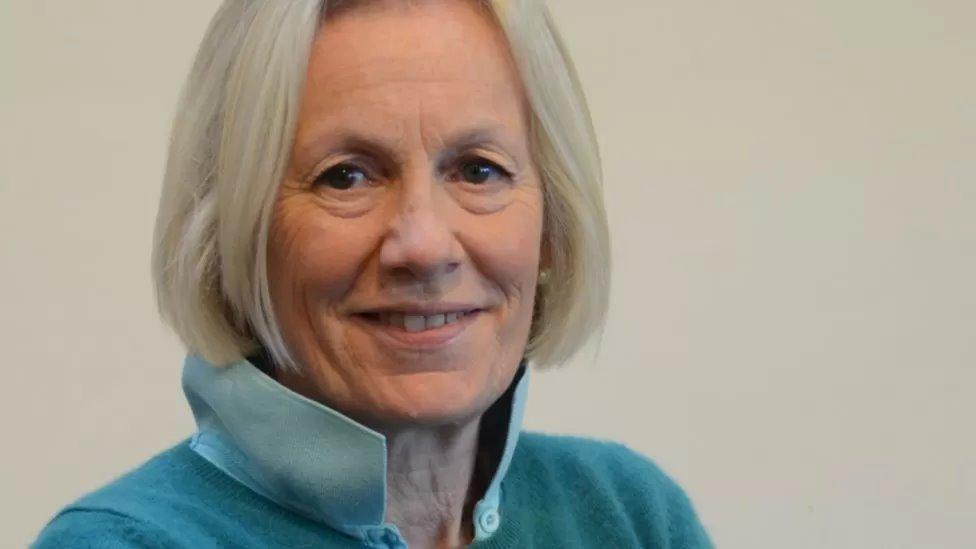
Councillor Tessa Munt said the current funding formula for Somerset's schools is not fair
She vowed to continue campaigning for more money but admitted they "are probably not going to get it".
Ms Munt said the focus needed to be on working with families, teachers and the Department for Education (DoE) to "raise standards".
Provisional data, external for 2022 GCSE results showed Somerset's pupils were about 4% below the national average for students passing maths and English, which the council report called "very poor".
The scrutiny committee also heard Somerset is now in the top 10 local authorities nationally for the number of Ofsted inadequate-rated schools.
An "ongoing decline in outcomes" for the most disadvantaged students was also noted.
'Chronic underfunding'
Addressing the report's, external findings, Mark Woodlock, chair of Somerset Association of Secondary Heads, also blamed "chronic underfunding".
Mr Woodlock, who is the headteacher of The Blue School in Wells, said funding formulas did not reflect issues which rural counties have, such as travel difficulties and trouble attracting staff.
A spokeswoman for the DoE said they "understand the challenges facing schools driven by high inflation".
She said schools are being supported with £53.8bn in core funding this year, which includes a a 7% per pupil increase in cash terms across schools and high needs.

Follow BBC West on Facebook, external, Twitter, external and Instagram, external. Send your story ideas to: bristol@bbc.co.uk , external
Related topics
- Published7 September 2022
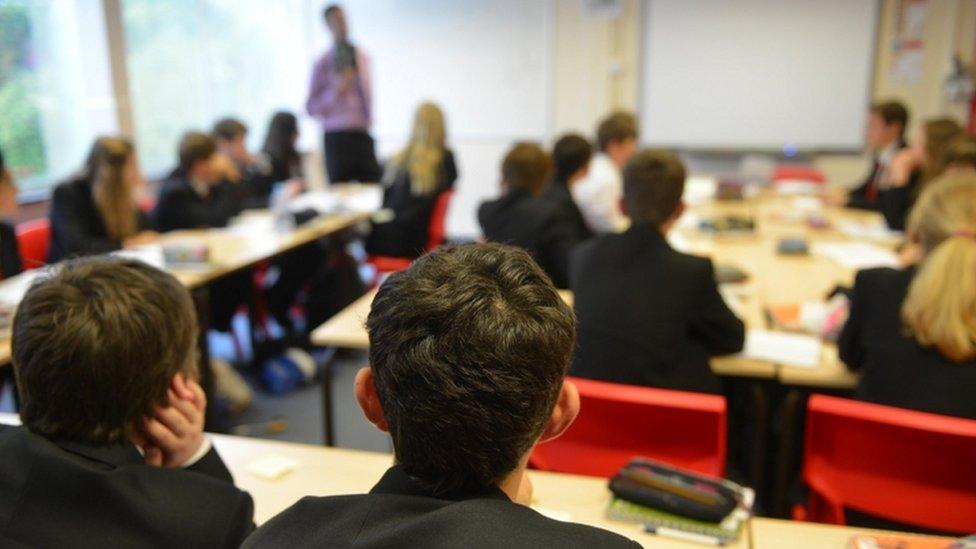
- Published22 August 2022
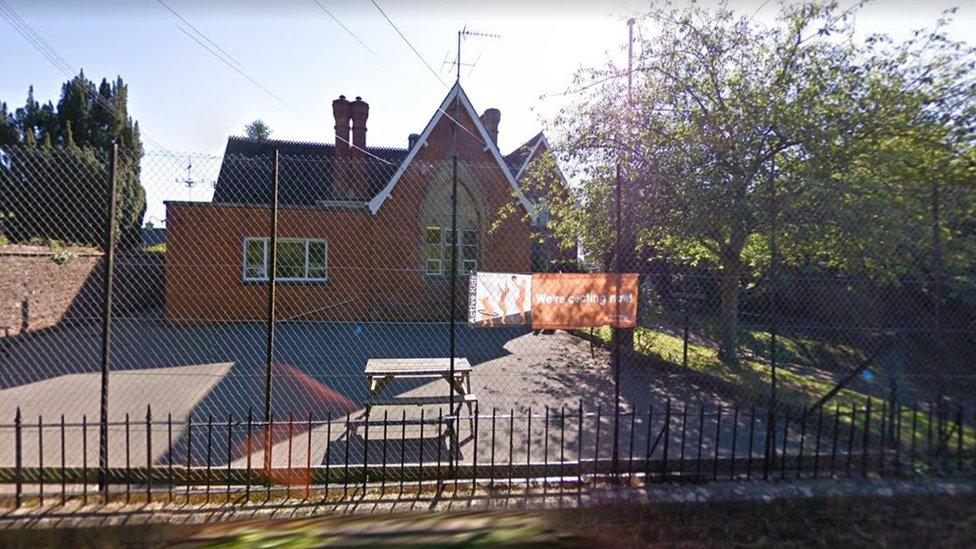
- Published19 August 2022
